In today’s tech-driven world, artificial intelligence (AI) is becoming increasingly prevalent, revolutionizing the way we interact with technology and shaping various aspects of our lives. However, with the rapid advancement of AI comes the need to address legal regulations surrounding its usage and the protection of user information. In this article, we will explore the importance of understanding these regulations and the potential consequences of not adequately informing users about the implementation of AI technology. So, let’s embark on a journey to demystify the legal landscape surrounding AI usage and user information!
Understanding the Legal Regulations for AI Usage and User Information
Introduction to AI and User Information
Artificial Intelligence (AI) has become increasingly prevalent in our lives, with applications ranging from voice assistants to autonomous vehicles. As AI systems gain access to vast amounts of user information, concerns over privacy and data protection have emerged. To address these issues, legal frameworks have been established to regulate AI usage and safeguard user information.
Legal Frameworks for AI Usage
Various legal frameworks govern the usage of AI to ensure accountability, transparency, and ethical practices. These frameworks vary across jurisdictions, but they generally aim to strike a balance between promoting innovation and protecting individual rights.
In many countries, AI usage is governed by data protection regulations and privacy laws, which provide a foundation for safeguarding user information. Additionally, intellectual property rights protect AI innovations and encourage technological advancements.
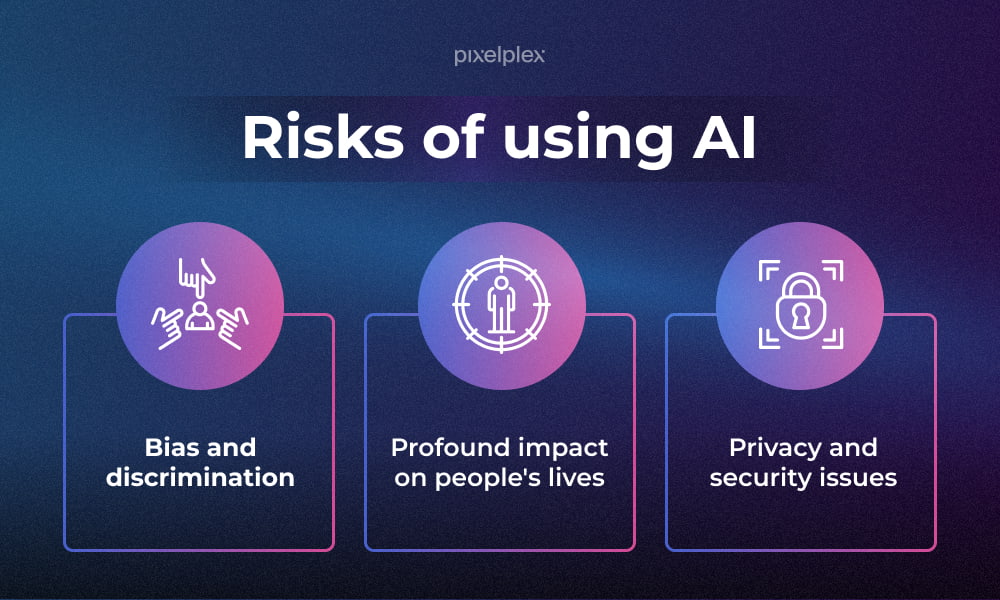
Data Protection Regulations
Data protection regulations play a crucial role in governing AI usage and protecting user information. These regulations typically require organizations that handle personal data to obtain informed consent from users and clearly specify the purpose for which data is collected. They also outline security measures organizations must implement to safeguard user information.
Frameworks such as the European Union’s General Data Protection Regulation (GDPR) establish strict guidelines for AI usage. Under the GDPR, organizations must ensure transparent data processing practices, inform users about the potential impact of AI systems, and grant individuals the right to access and control their personal data.
Privacy Laws
Privacy laws are integral in governing AI usage, as they aim to protect individuals’ privacy rights and prevent unauthorized access to personal information. These laws dictate how organizations can collect, store, use, and disclose user information.
Privacy laws often require organizations to provide users with notice and choice regarding the collection of their personal information. They also often mandate that organizations implement appropriate data security measures to prevent unauthorized access or data breaches.
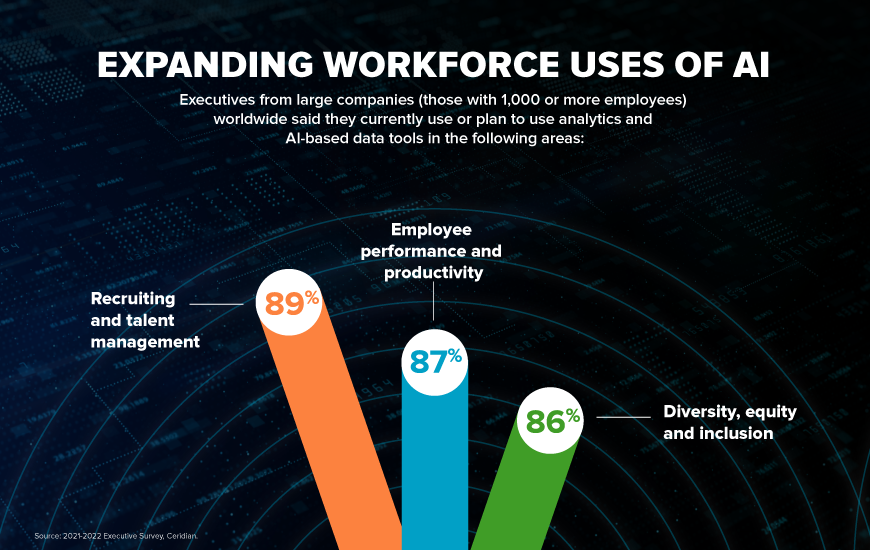
Intellectual Property Rights
Intellectual property rights are essential to foster innovation and encourage AI development. These rights enable organizations to protect their AI inventions, algorithms, and software. Patents, copyrights, and trade secrets play a significant role in safeguarding AI-related innovations.
Intellectual property laws grant exclusive rights to AI developers, allowing them to commercialize their inventions and retain control over their creations. This protection incentivizes research and development in the AI field, driving technological advancements.
Unauthorized AI Usage and User Information
The unauthorized usage of AI and mishandling of user information can have severe consequences. It is important to adhere to legal requirements and obtain proper consent for AI usage to avoid legal liabilities.
Unauthorized AI usage often leads to violations of privacy laws and data protection regulations. Organizations that fail to obtain user consent or use AI systems to collect excessive data, manipulate personal information without consent, or misuse data can face legal repercussions, such as monetary fines or reputational damage.
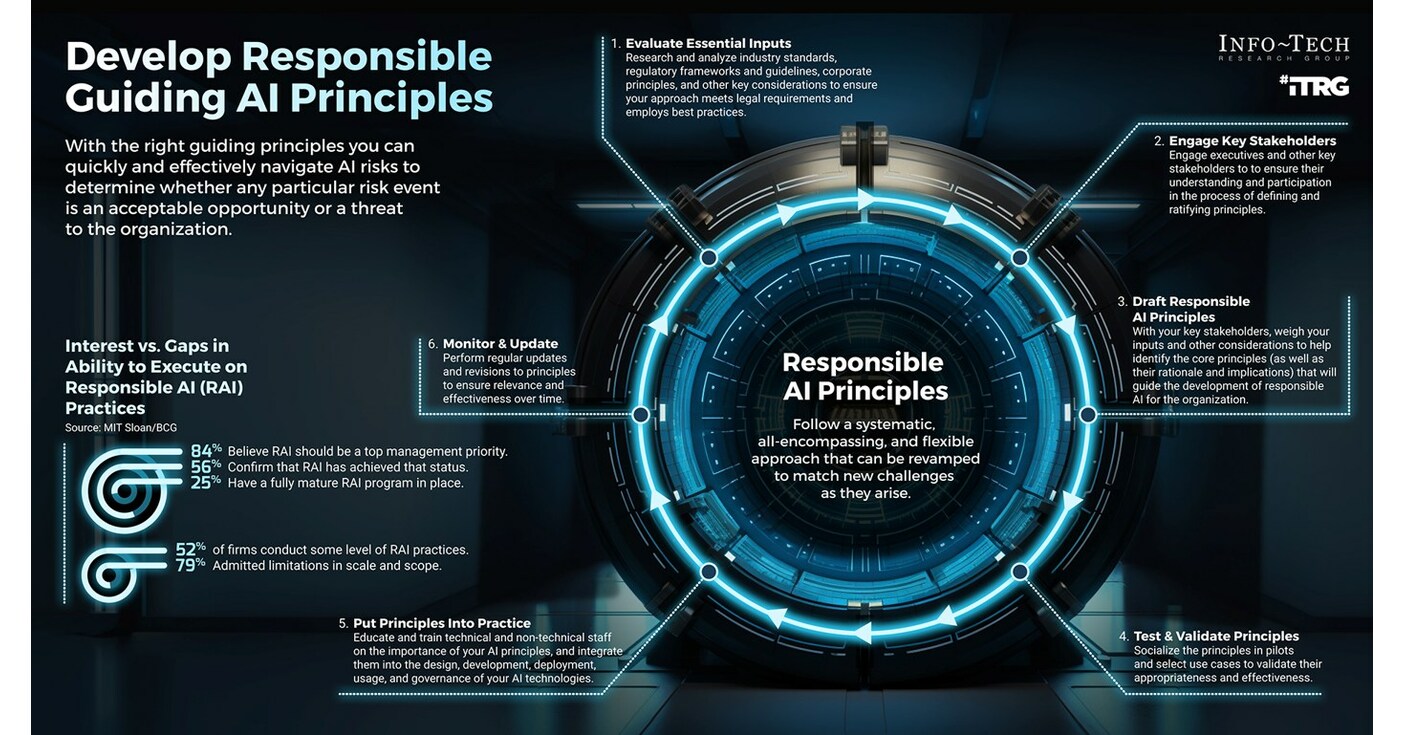
Transparency in AI Usage
Transparency in AI usage is crucial to build trust between users, AI systems, and organizations. Users have the right to know how their data is being collected, stored, and used by AI systems.
Legal frameworks often require organizations to provide clear and accessible information about AI systems’ functionalities, data processing practices, and potential impacts on users. Organizations should strive to implement mechanisms that allow users to easily understand and verify how their information is being utilized by AI systems.
Ethics and Responsible AI Usage
Responsible AI usage entails adherence to ethical principles and guidelines in deploying AI systems. It involves ensuring fairness, accountability, transparency, and respect for human rights when designing and implementing AI technologies.
Many organizations and researchers have developed ethical frameworks to guide AI development and usage. These frameworks emphasize considerations such as avoiding bias in algorithms, ensuring explainability of AI decisions, and respecting users’ privacy and autonomy.
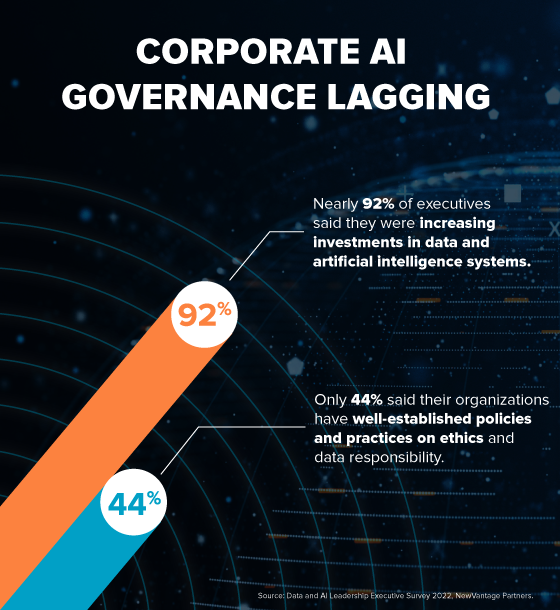
Liabilities and Consequences for Non-compliance
Non-compliance with legal regulations regarding AI usage and user information can have severe consequences. Organizations may face legal liabilities, financial penalties, legal action from affected individuals, and reputational damage.
To mitigate risks, organizations should proactively ensure compliance with relevant legal frameworks, regularly assess AI systems for privacy and data protection risks, and establish robust data governance and security measures. Moreover, organizations should train their employees to understand and comply with legal requirements related to AI usage.
International Standards and Agreements
Given the global nature of AI and user data, international standards and agreements regarding AI regulation and user information protection are necessary. Organizations operating across borders must navigate various legal frameworks and consider international commitments.
Efforts such as the OECD Principles on AI, the World Economic Forum’s Global AI Ethics Consortium, and regional agreements like the EU-US Privacy Shield strive to establish harmonized guidelines and foster international cooperation in regulating AI usage. These initiatives promote ethical considerations, transparency, and user privacy protections on a global scale.
In conclusion, understanding the legal regulations for AI usage and user information is crucial for organizations utilizing AI systems. Compliance with data protection regulations, privacy laws, intellectual property rights, and ethical principles is paramount to ensure responsible AI usage. Transparency, accountability, and proactive risk mitigation are key elements for organizations to navigate the legal landscape and build trust with users in an increasingly AI-powered world.
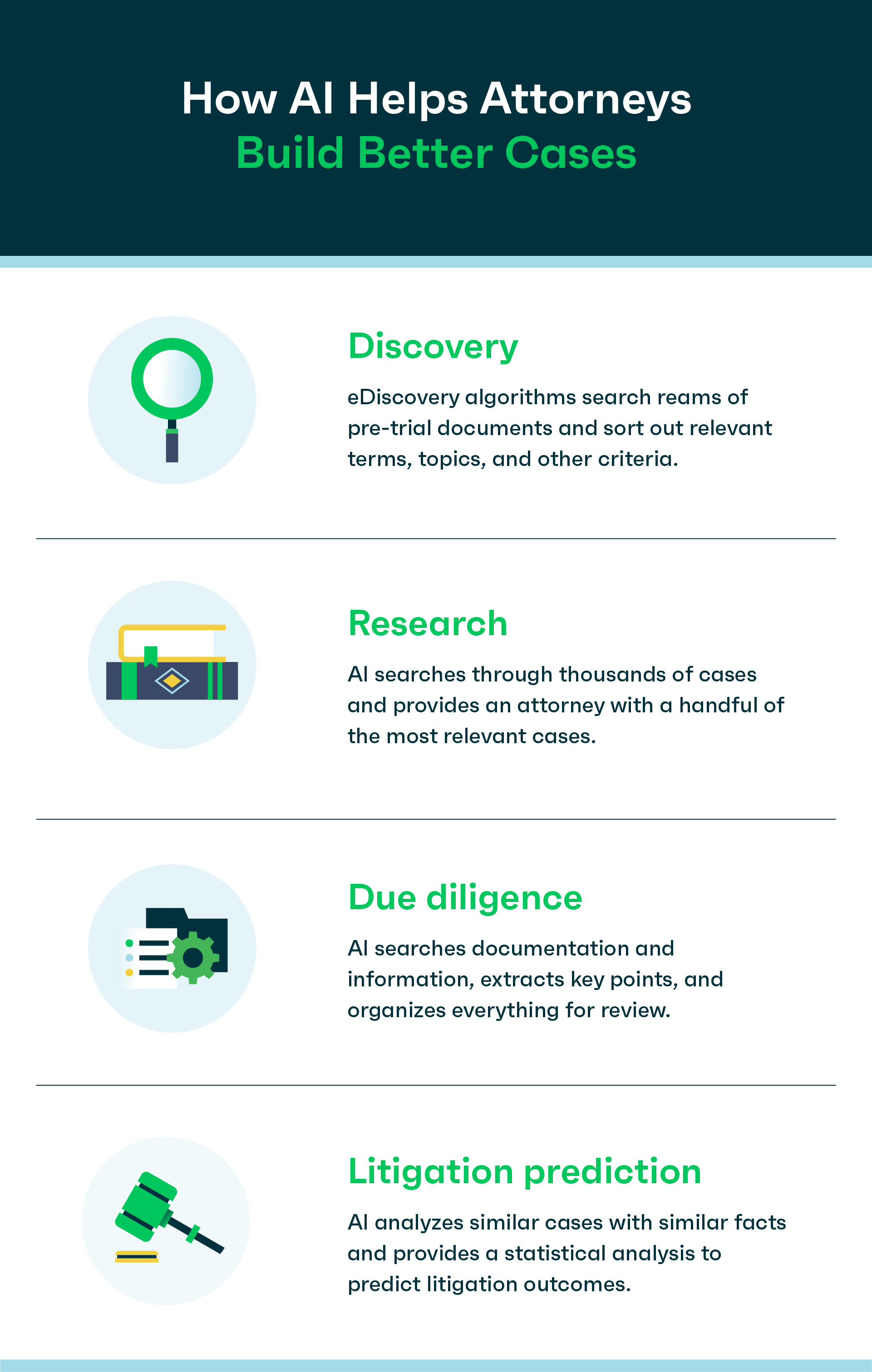






Leave a Reply